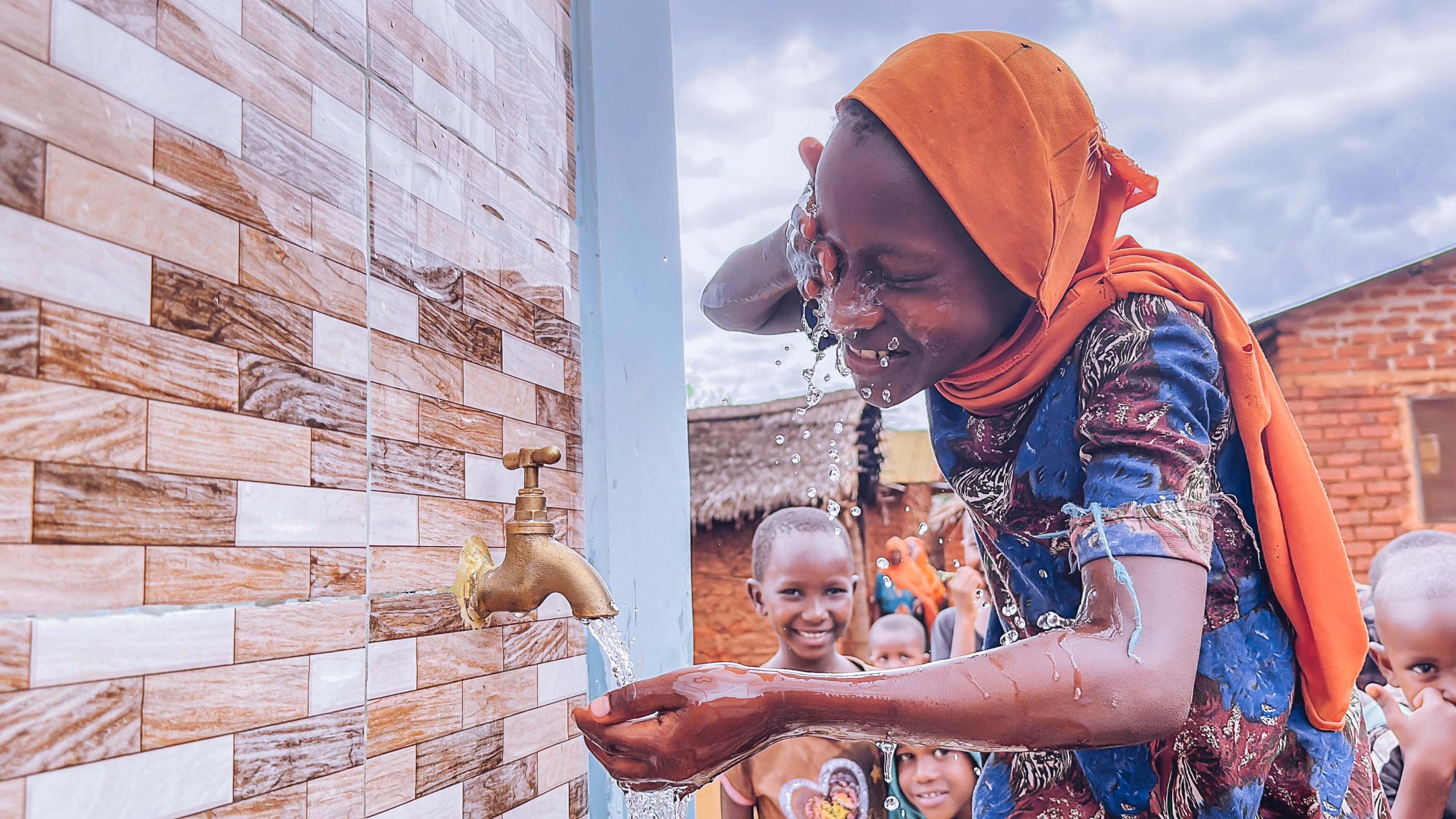Qosimi Family Water Well

Qosimi Family Water Well
The Qosimi family grew up under the shadow of the Soviet Union, their childhood marked by the gray monotony of the state-controlled world. Life in their village was simple but secure—a steady routine of school, work, and communal gatherings. The young Qosimi children would play in the snowy streets, laughing in the fading light of long winter evenings, never realizing that the world they knew was about to unravel.
Then came the collapse. The towering symbols of the USSR crumbled, and with them went the stability the Qosimi family relied on. The country fell into chaos, and what was once a world of order became a storm of uncertainty. A civil war erupted, tearing through their lives with violence and desperation. The once familiar streets became dangerous battlegrounds, and the laughter of children gave way to the distant echoes of gunfire.
Food became scarce, and hunger settled into their lives like an unwanted guest. The Qosimis learned to stretch what little they had—a few potatoes, some scraps of bread—into meals that barely sustained them. They grew used to the gnawing ache of empty stomachs. Despite the hardships, they clung to one another, their love for each other becoming the anchor that kept them grounded as everything else fell apart.
As the war raged on, the Qosimis had no choice but to leave their homeland. They packed what few belongings they had left and set out on a journey that would take them across borders and continents. They migrated to different countries, always searching for a place to call home. They lived in refugee camps, cramped apartments, and sometimes even under open skies. The journey tested them in ways they never imagined—they faced prejudice, uncertainty, and the constant fear of the unknown.
But through every hardship, the Qosimis never lost their sense of hope. They worked tirelessly, saved what they could, and slowly began to rebuild their lives. Eventually, they found a place where they could settle down—a small but welcoming town that offered them the chance to start anew. It wasn't easy, but they were finally safe, finally able to breathe without fear.
The years of struggle had taught them something valuable: the importance of community, of helping those who are in need. They knew what it meant to be thirsty, not just for water but for hope. And so, the Qosimi family decided to dedicate themselves to providing clean water to those who needed it most. They began raising funds, digging wells, and bringing fresh, clean water to villages that had none. It was their way of giving back, of ensuring that others wouldn't have to endure the same suffering they had faced.
The Qosimis had traveled a long and difficult road, but they had emerged from it with a purpose. They knew that their story wasn't just about survival—it was about resilience, about the power of hope and the importance of helping others. And as they stood beside the first well they had built, watching children laugh and play in the clear water, they knew that their journey had been worth it.
Thank You
We have achieved our goal for this campaign.
We appreciate your ongoing support.








